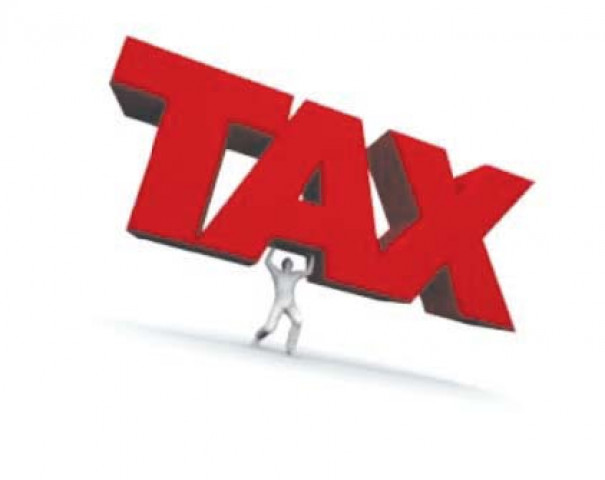Government mulls levying taxes through ordinance
After failing to muster support on RGST, govt considers levying taxes by promulgating an ordinance.

Government mulls levying taxes through ordinance
The ordinance may be promulgated once the ongoing National Assembly session ends, The Express Tribune has learnt through official sources.
The contours of the plan, named “Alternate to the Reformed General Sales Tax,” have been discussed in a meeting of the Finance Ministry and the Federal Board of Revenue, added the sources.
The authorities propose promulgating the ordinance with effect from April 1, 2011, adding it would generate an additional Rs35 to 38 billion in order to achieve the revised tax collection target of Rs 1.63 trillion.
The ordinance will cover items which had been exempted or zero rated in 2005, including fertilisers, pesticides, leather goods, surgical goods, sports goods, carpets, and garments, the sources added.
“The parliament cannot pass the RGST Bill (till June) and we have no other option except promulgation of an ordinance to mobilise additional resources”, sources quoted the Secretary Finance Dr Waqar Masood as saying.
The government had tabled the RGST, the flood surcharge and the special excise duty bills in the Parliament last year but failed to get them passed.
“Only the RGST became controversial and no one in the Parliament objected over the flood surcharge and increase in the special excise duty rates,” said Chairman FBR Salman Siddique, according to sources.
The alternative plan, however, will be subject to a legal review by the government and faces two possible obstacles.
The flood surcharge and the special excise duty bills are pending in the parliament and the government will have to see whether it could pass them through an ordinance simultaneously, sources said. The only obstacle to the promulgation of the ordinance is that the National Assembly or Senate should not be in session, said a senior government legal adviser when contacted.
The second obstacle will be pre-empting any resolutions in the parliament, by the government’s allies or opposition, which could disapprove the ordinance, sources add.
The government’s plan comes on the heels of Nawaz Sharif’s statement on Tuesday, whereby he urged the masses to rise against the 10 per cent increase in petroleum prices.
Sources said Pakistan will sell the plan to the visiting IMF team as an alternative to the RGST and would assure it that the ordinance will be promulgated before March 31st. However, failure to deliver yet another commitment may cost the government heavily.
According to the plan, the government will levy a 15 per cent flood surcharge on advance and withholding taxes. Unlike the previous proposal whereby the flood surcharge was to be levied at a rate of 10 per cent of the payable tax, the new proposal calls for deducting 15 per cent withholding tax on WHT-levied items that also include bank transactions.
A 1.5 per cent raise in the special excise duty will also be part of the ordinance. The new effective special excise duty rate will be 2.5 per cent, said the sources. Both these measures will generate up to Rs 26 billion in the remaining three months of the current financial year.
Meanwhile, member RGST FBR Abrar Ahmad is said to have informed government functionaries that withdrawal of sales tax exemptions on five items would also require promulgation of the ordinance. The items which would be liable to 17 per cent GST include fertilisers, leather products, pesticides, carpets and cotton products. The authorities are expecting to generate up to Rs12 billion from these items.
According to the plan, exports of these items will remain exempt from taxation but their domestic sales will be taxed. Imported cotton and cotton yarn will be taxed at a rate of 17 per cent and registered industrialists will then claim refunds against the exported garments made out of these inputs, said sources. The refund facility will only be available to registered importers and exporters, and help encourage documentation.
With netting in the domestic garments sales, the special tax regime facility will also cease to exist, said the sources.
Sources said the finance ministry and the FBR also discussed the possibility of agitation by the business community but left it to be handled by the government.
Published in The Express Tribune, March 2nd, 2011.



















COMMENTS
Comments are moderated and generally will be posted if they are on-topic and not abusive.
For more information, please see our Comments FAQ